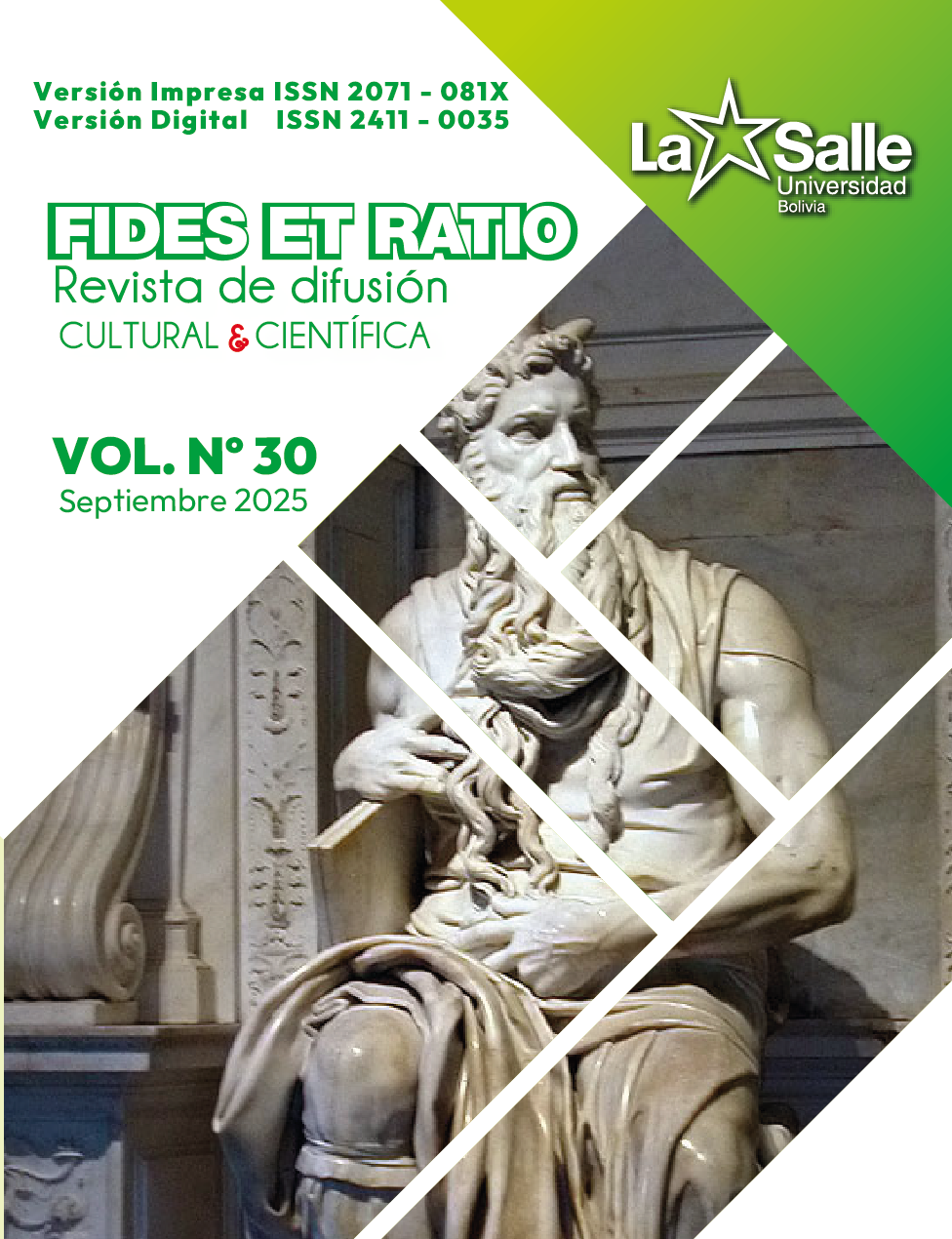Unconstitutionality of Bolivian Law 494, for being contrary to the International Corpus Juris of Human Rights based on Conventionality criteria
- Authors
-
-
Richard Matienzo López
Universidad San Francisco Xavier de Chuquisaca, Sucre-BoliviaAuthor
-
- Keywords:
- Journalism, Freedom of Expression, University Education, Unconstitutional, Human Rights
- Abstract
-
100 years have passed since the promulgation of the Press Law in Bolivia, which has proven to be adaptable to different contexts, although there are still many challenges remaining, especially regarding journalistic work. The objective of this work is to expose that Law 494, on the Professionalization of the Bolivian Journalist, and the Organic Statute of the Journalist are unconstitutional, for predominantly legal reasons, because they go against human rights. The type of research is reflective; a constitutional analysis of national laws, international agreements, and jurisprudence related to the topic was carried out, using the methods of dogmatics, legal systemic analysis, and comparative law, in addition to documentary study and theoretical methods such as analysis and synthesis, induction-deduction, and historical methods. The main results indicate that mandatory certification as a prerequisite for practicing journalism is unconstitutional, as it violates the block of constitutionality, specifically the International Covenant on Civil and Political Rights; the American Convention on Human Rights; the IACHR Declaration of Principles on Freedom of Expression;
and the advisory opinion 5/85 issued by the same institution, which protect the right to freedom of thought and expression guaranteed by the Constitution in its article 106. Likewise, journalism is the primary manifestation of freedom of expression and
thought; for this reason, it cannot be defined merely as the simple provision of a service to the public through the application of knowledge acquired at a university, as is the case with other professions, since it is directly linked to the aforementioned right,
which is inherent to every human being. This link differentiates it from other careers, as a professional journalist is considered to be someone who exercises their freedom of expression continuously, stably, and for remuneration. Finally, the Bolivian State has the obligation to adapt this regulation to the aforementioned standards. - Downloads
-
Download data is not yet available.
- Author Biography
- Downloads
- Published
- 2025-09-05
- Section
- Artículos
- License
-
Copyright (c) 2025 FIDES ET RATIO

This work is licensed under a Creative Commons Attribution-NonCommercial-NoDerivatives 4.0 International License.










